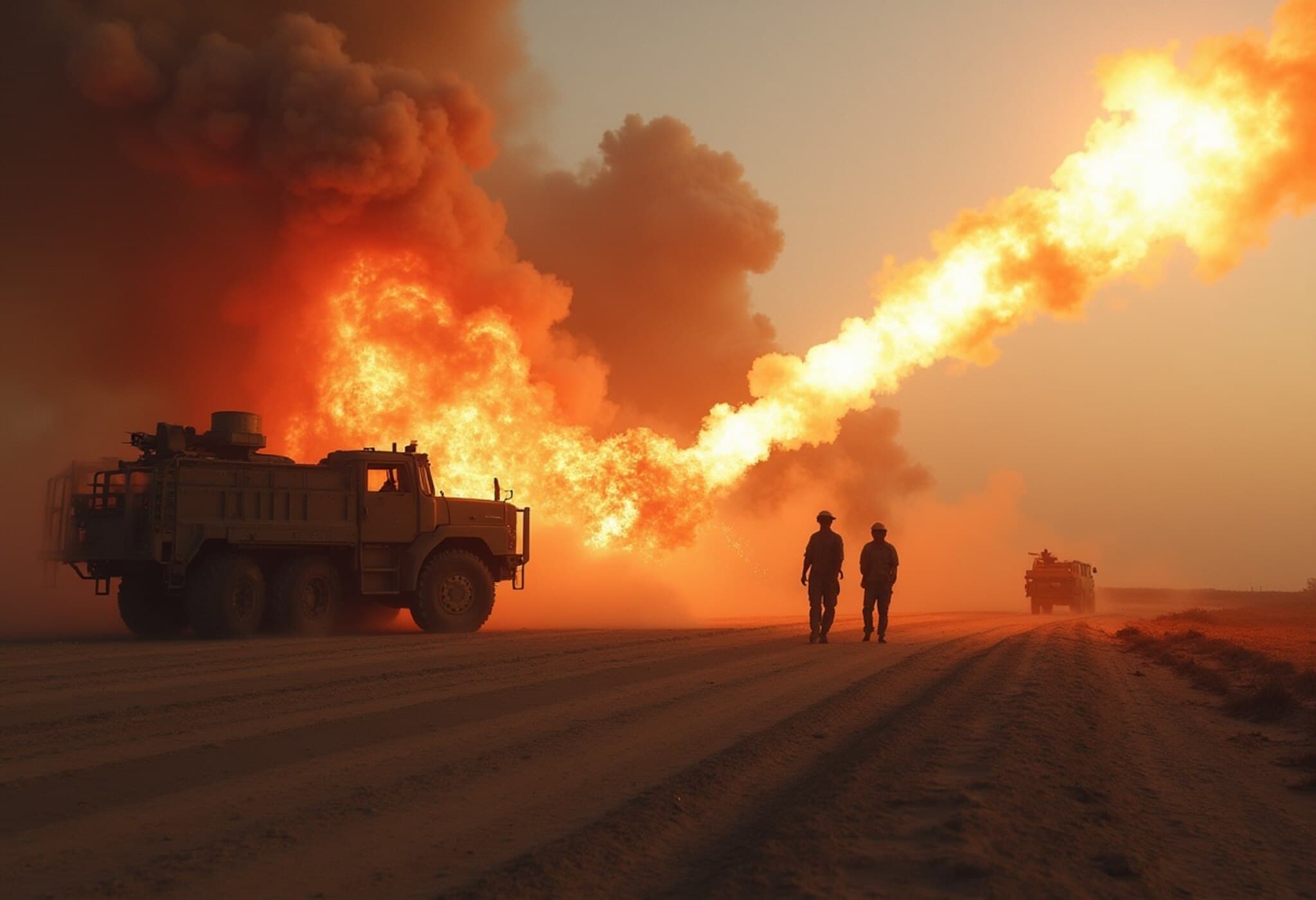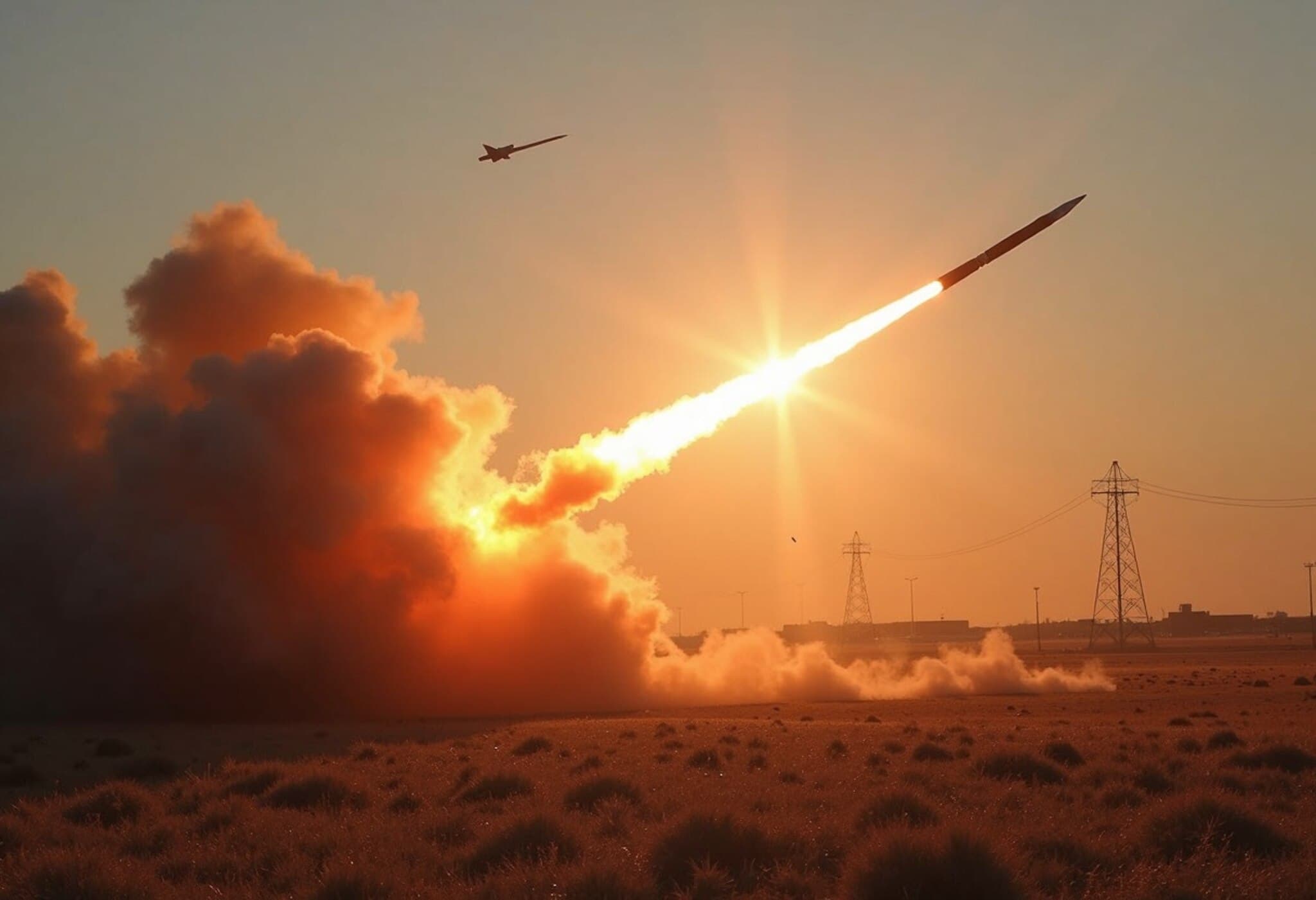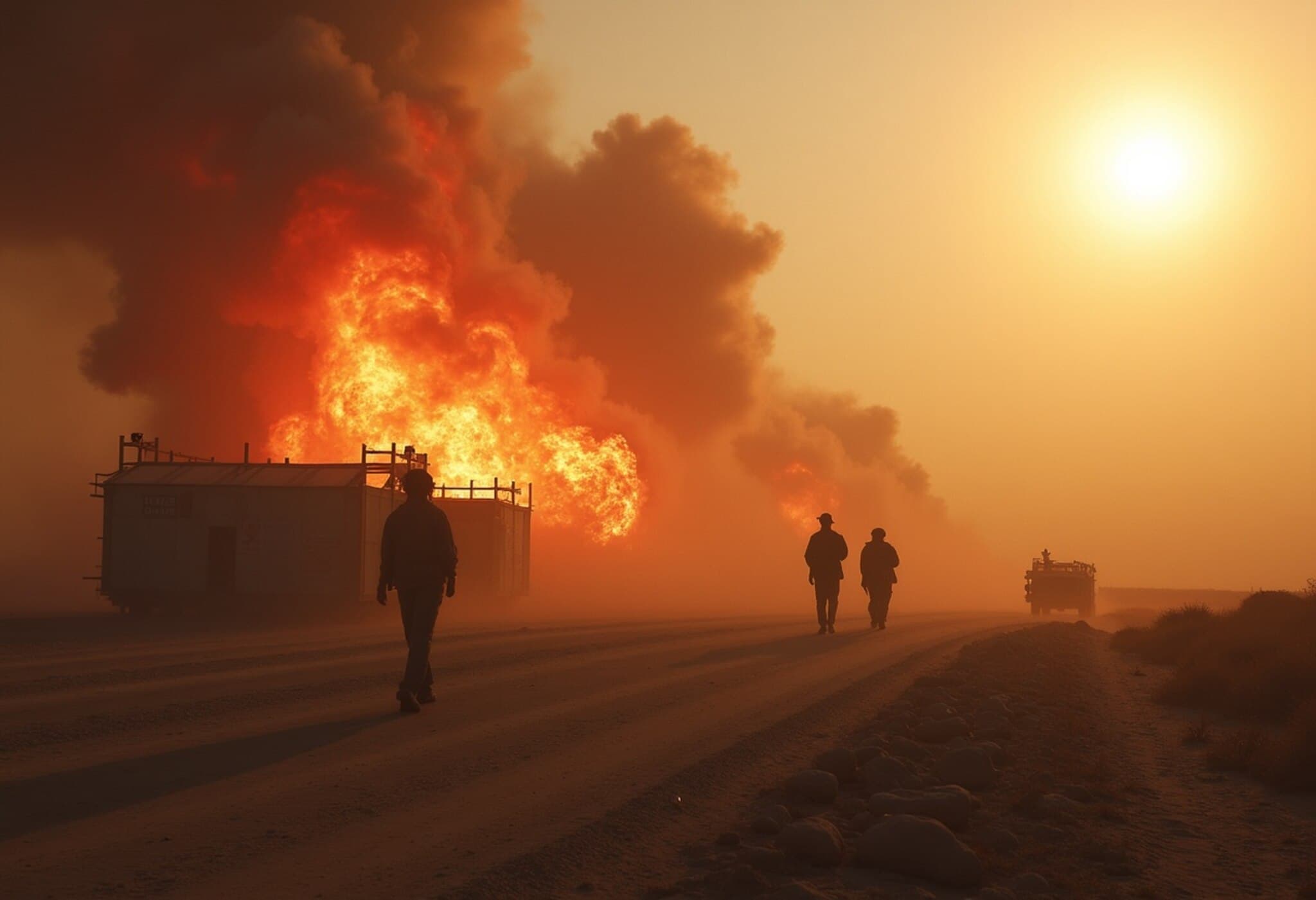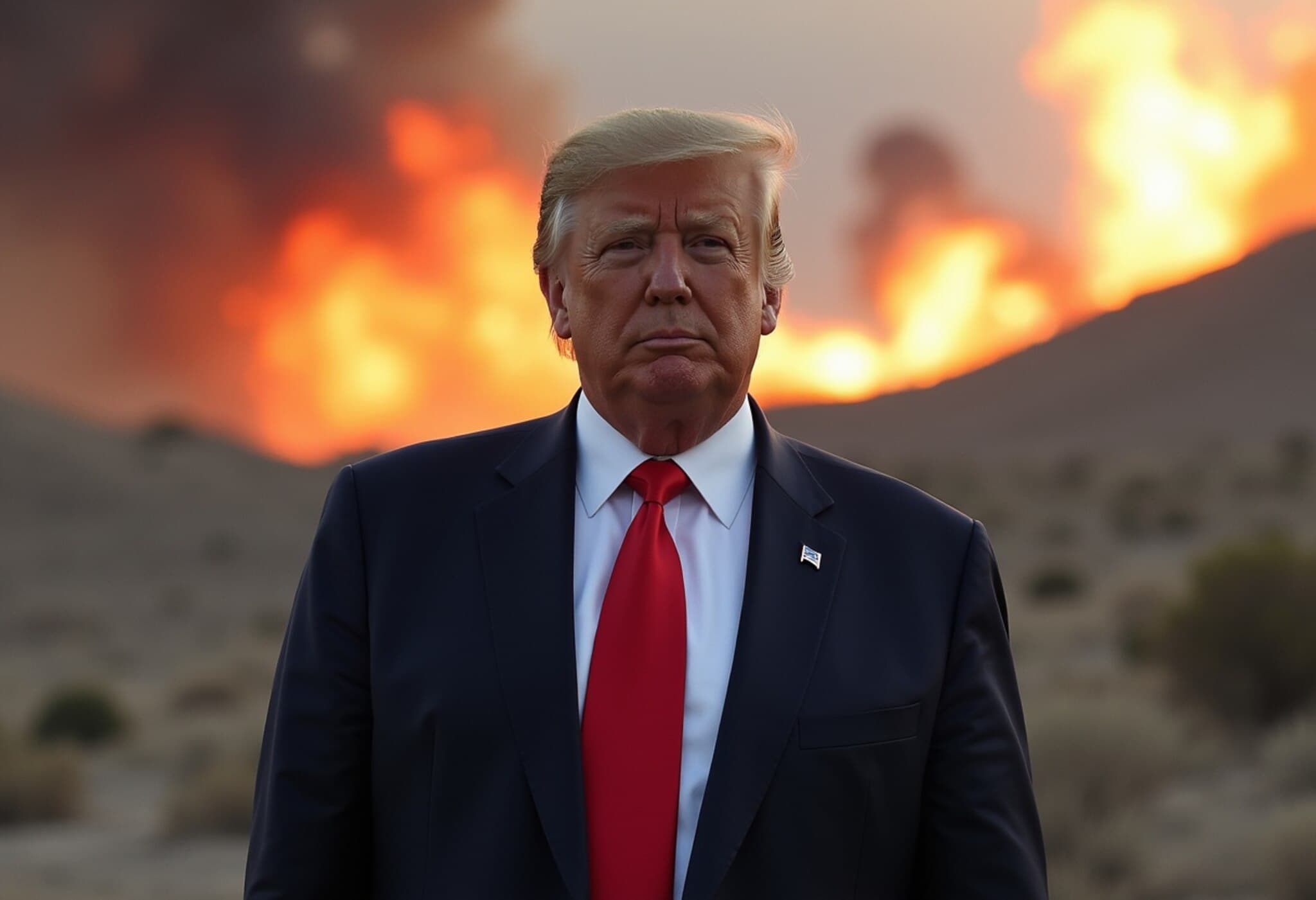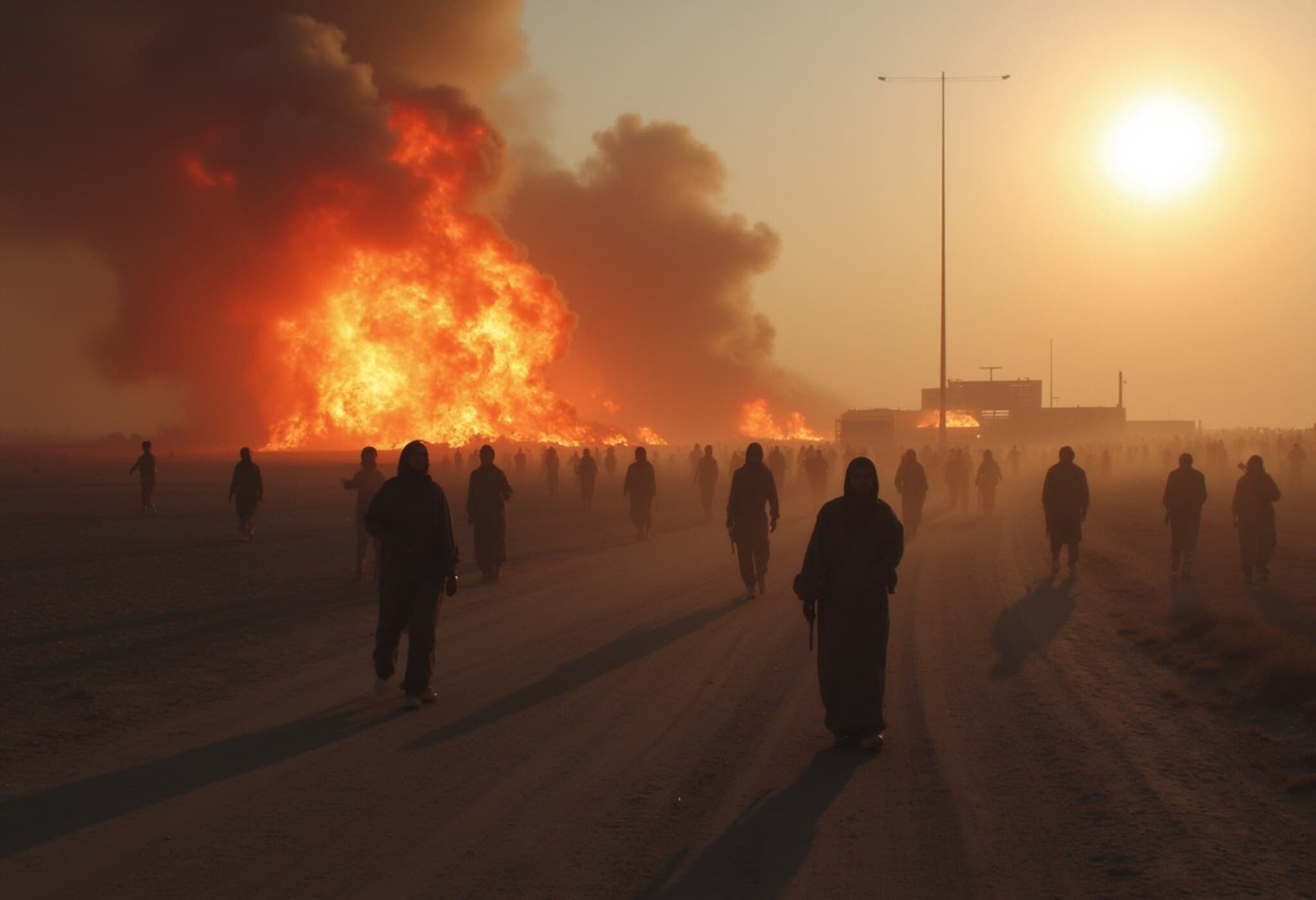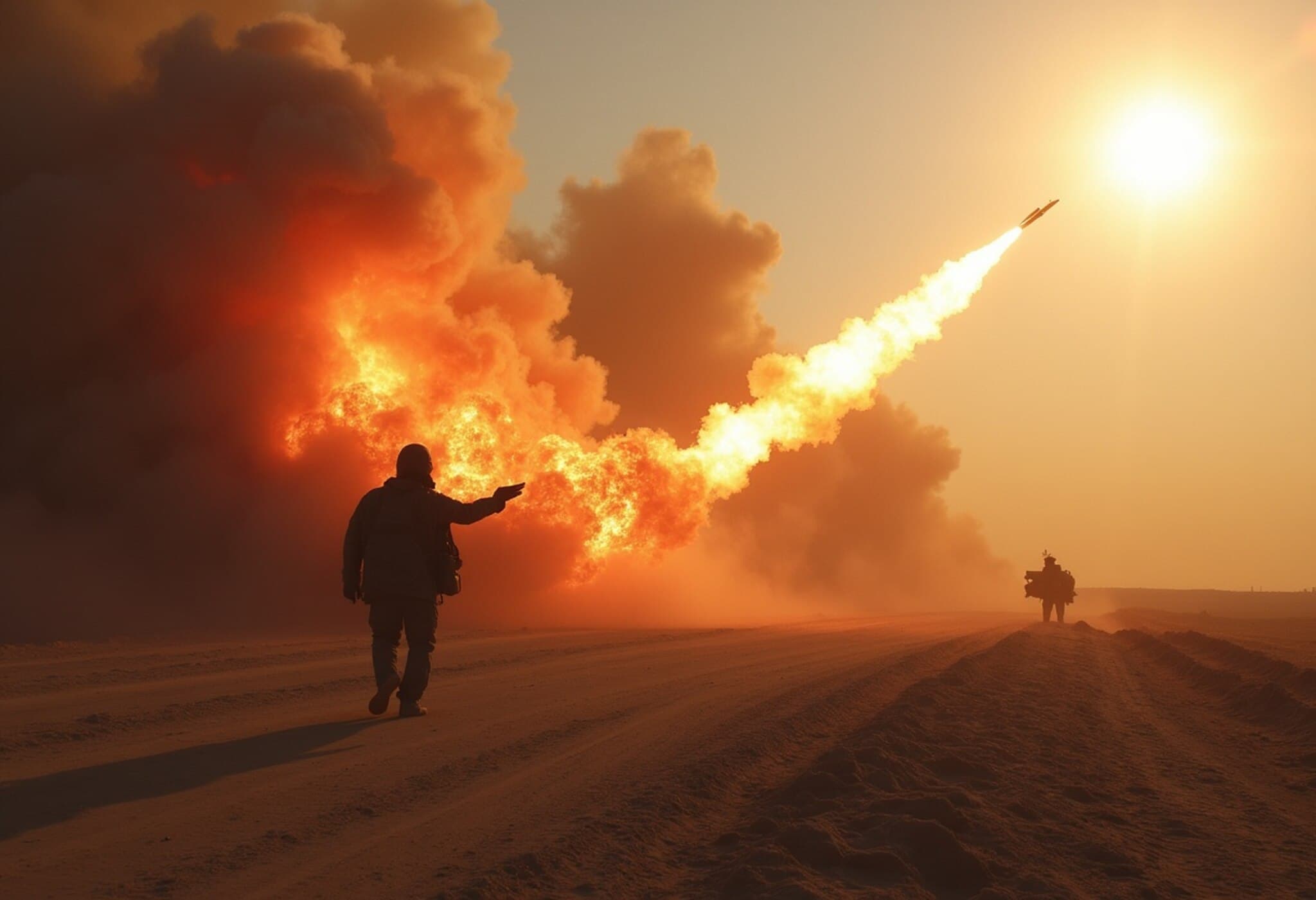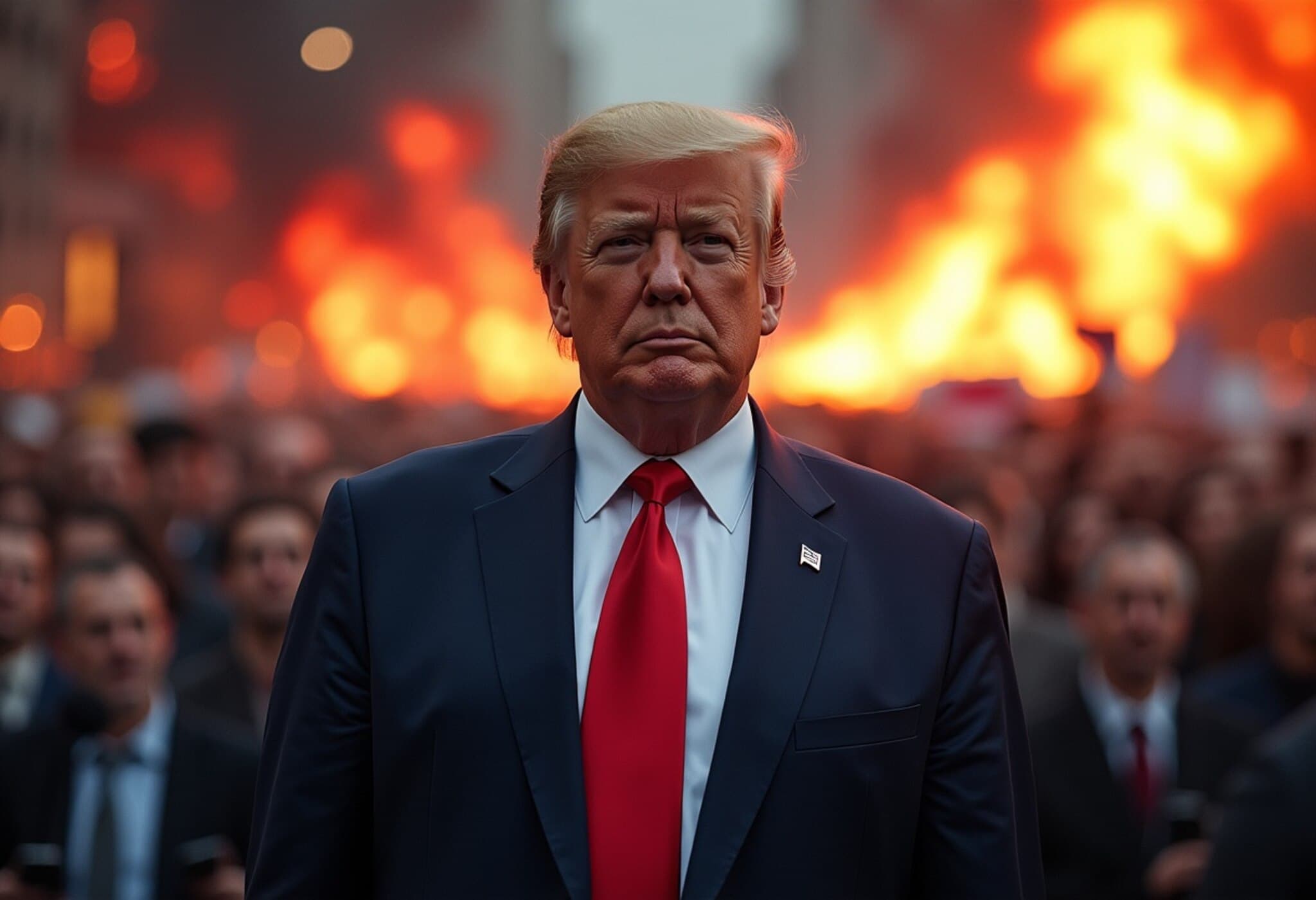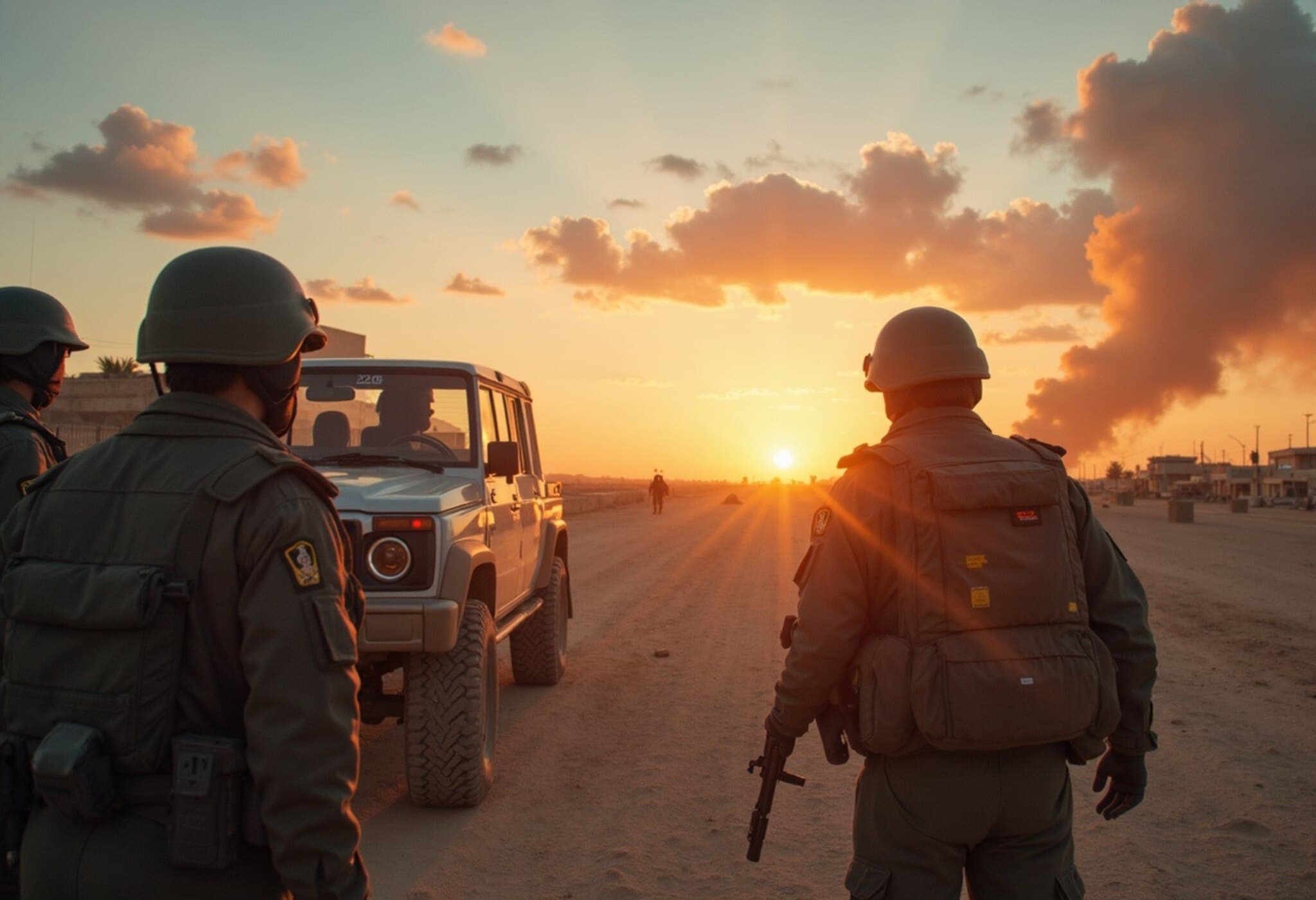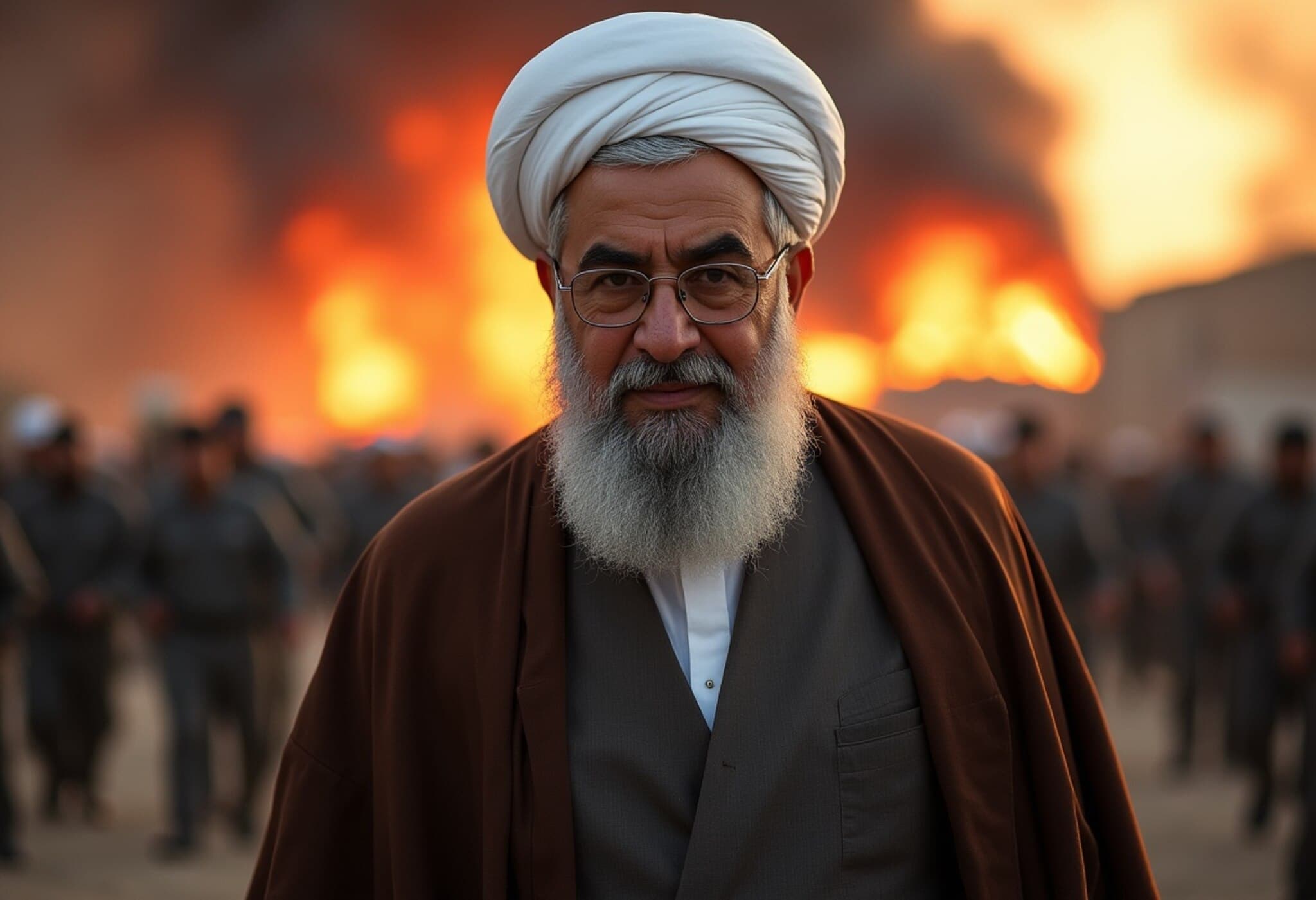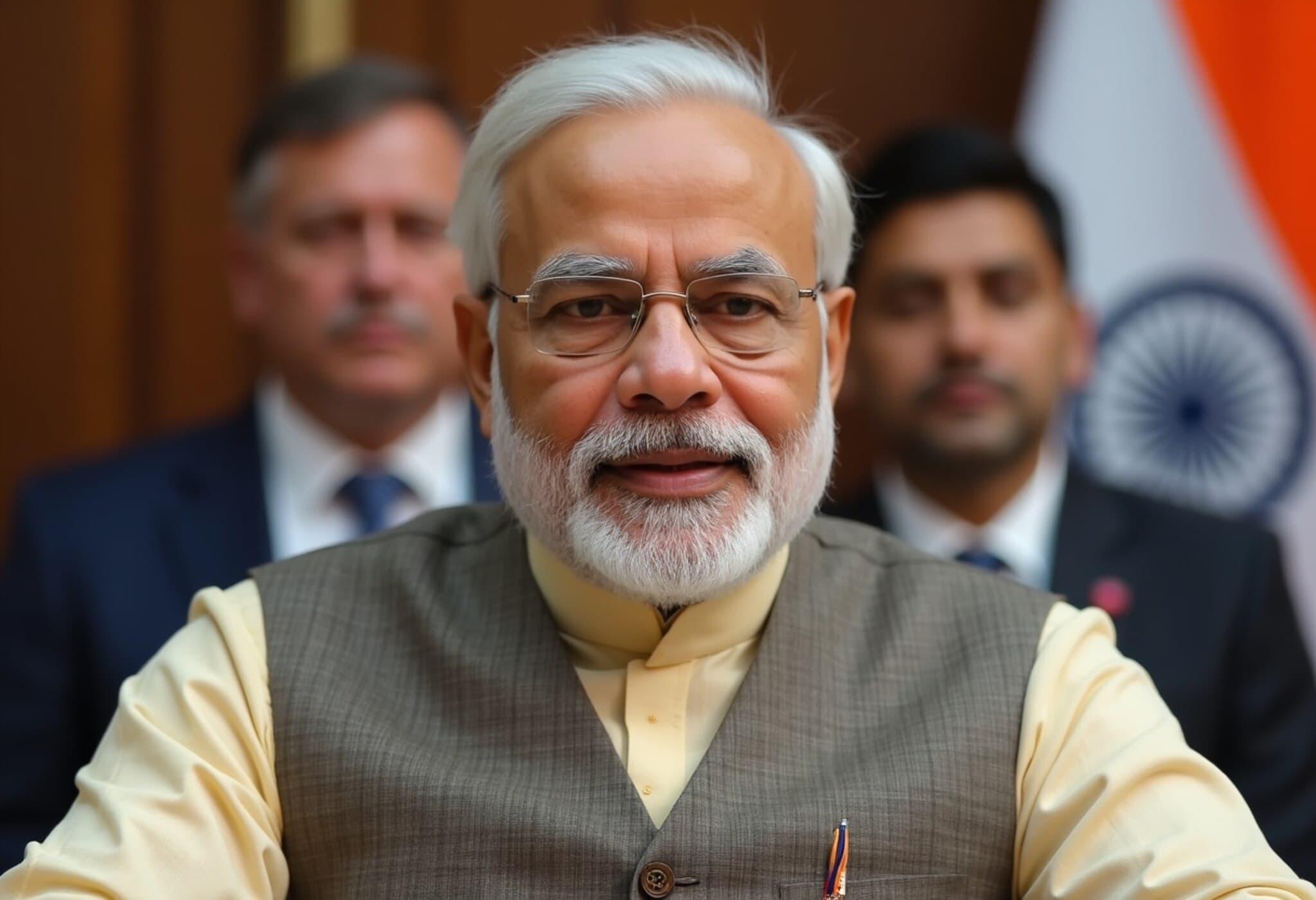Israel and Iran Exchange Missile Strikes as Conflict Enters Sixth Day
The long-standing tension between Israel and Iran has escalated into renewed missile strikes as the conflict enters its sixth day. Early Wednesday, the Israeli military reported two waves of Iranian missile launches targeting Israel, with explosions audible over Tel Aviv.
Tel Aviv and Tehran Brace for Further Attacks
Following the missile barrages, Israel urged residents near Tehran to evacuate in preparation for retaliatory air strikes on Iranian military targets. Several explosions were reported not only in the Iranian capital but also in the nearby city of Karaj, signaling a deepening of hostilities.
Trump's Stark Warning Amplifies Tensions
Amid the intensifying conflict, former U.S. President Donald Trump issued a forceful warning via social media, demanding Iran’s "unconditional surrender." He cryptically hinted at knowledge of the whereabouts of Iran’s Supreme Leader Ayatollah Ali Khamenei, adding that while there was no immediate intention to eliminate him, U.S. patience was wearing thin.
Trump’s statements, oscillating between threats and ambiguous signals, have heightened uncertainty over America’s potential role in the conflict. A White House official confirmed a phone conversation between Trump and Israeli Prime Minister Benjamin Netanyahu as the crisis unfolded.
U.S. Response and Military Movements
Despite Trump's stern rhetoric, British leadership noted no current signs of U.S. direct involvement in the war. The U.S. has primarily taken defensive measures, including deploying additional fighter jets to the Middle East and assisting in intercepting missiles fired at Israel.
Iran's Leadership Faces Severe Setbacks
Israel's targeted strikes have reportedly eliminated several of Ayatollah Khamenei’s key military and security advisors, creating a significant vacuum within Iran’s command structure. This breach has forced Iran’s cybersecurity command to ban the use of mobile and communication devices by officials to prevent further intelligence leaks.
Concurrently, Israeli forces have launched a broad cyberattack against Iran’s digital infrastructure, signaling a multi-domain warfare approach.
Broader Regional Implications
Since the Hamas-led attack on Israel in October 2023, Iran’s influence across the region has been under strain. Israel’s campaign has pressured Iran's allied groups, including Hamas in Gaza, Hezbollah in Lebanon, and militias in Iraq, while weakening Iran’s closest ally, Syria’s Bashar al-Assad.
A Nuclear Dimension Deepens the Crisis
This conflict follows Israel’s declaration that Iran is close to achieving nuclear weapons capability, a claim Tehran denies, asserting its nuclear program is for peaceful purposes. Notably, Israel, not a signatory to the Non-Proliferation Treaty (NPT), is the only Middle Eastern country believed to possess nuclear arms.
Prime Minister Netanyahu has emphasized that Israeli operations will continue until Iran’s nuclear enrichment activities are curtailed. The International Atomic Energy Agency recently condemned Iran for breaching non-proliferation obligations and confirmed that one of Israel’s strikes hit underground nuclear enrichment facilities at Natanz.
Casualties and Evacuations
Casualty reports indicate at least 224 deaths on the Iranian side, mostly civilians, and 24 civilian deaths in Israel. Both nations have seen mass evacuations as residents flee conflict zones amid fears of an expanded war.
Global Economic Concerns and Oil Market Alert
The conflict has alarmed global oil markets, especially following attacks on vital energy infrastructure, including the South Pars gas field, jointly operated by Iran and Qatar.
The situation remains fragile as both countries prepare for further escalation while the international community watches closely.

